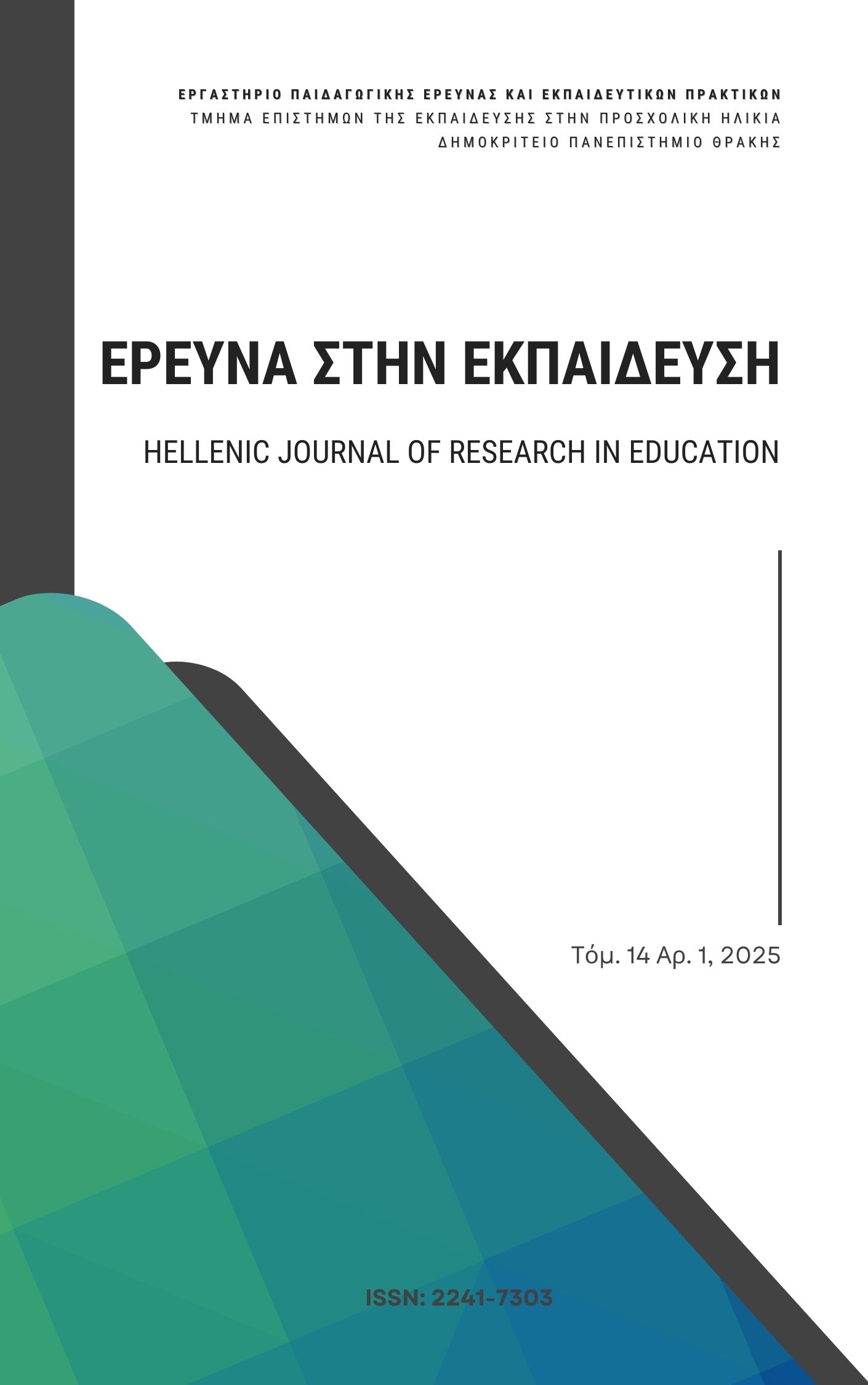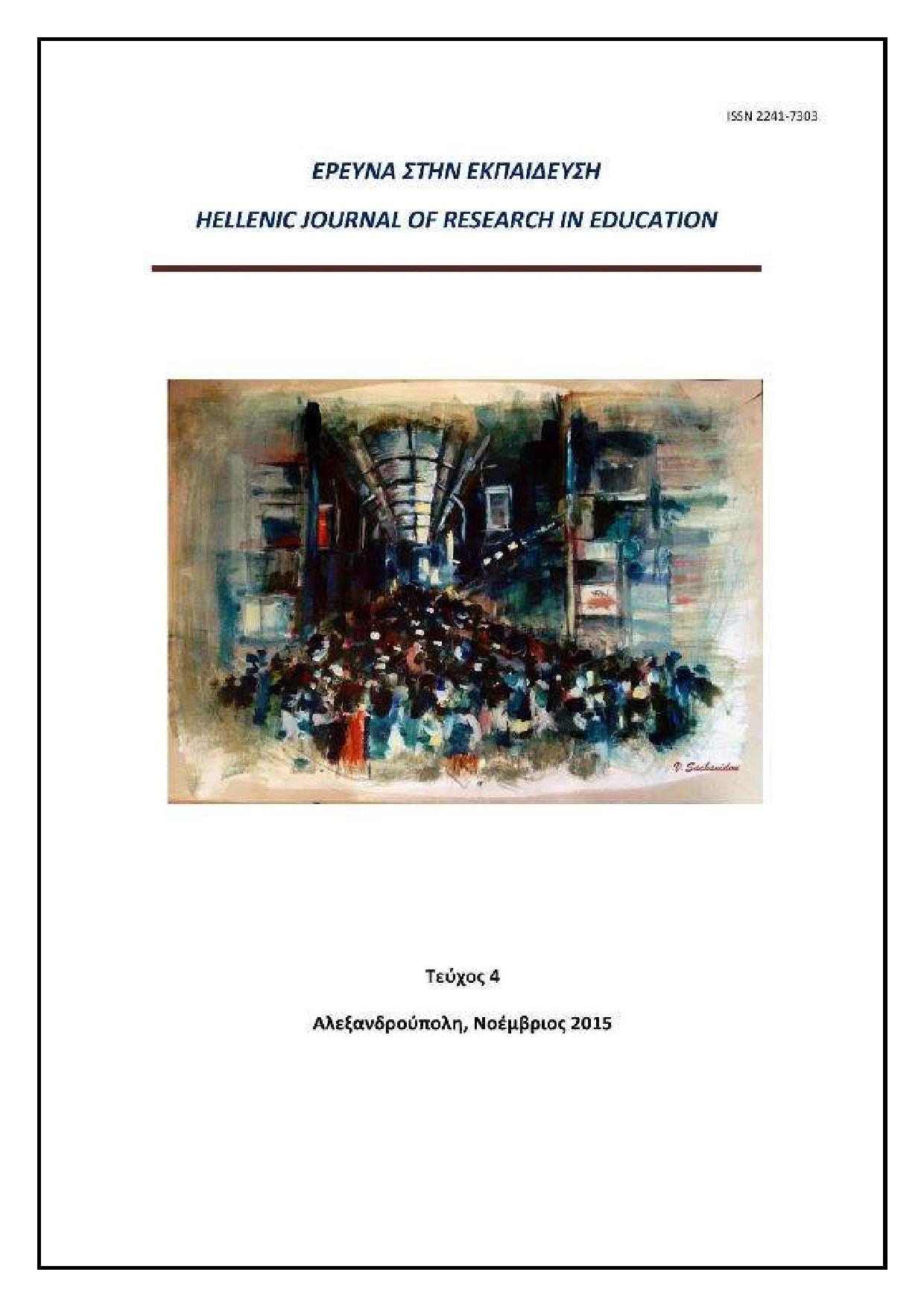Η σχέση της εκπαιδευτικής συμμετοχής και ισότητας με τη διαβουλευτική δημοκρατία στην Ελλάδα: ένα μοντέλο πολλαπλής παλινδρόμησης

Περίληψη
Η παρούσα εργασία διερευνά τη σύνδεση μεταξύ της εκπαιδευτικής συμμετοχής και ισότητας και της ποιότητας της διαβουλευτικής δημοκρατίας στην Ελλάδα. Η διαβουλευτική δημοκρατία είναι ένα σύστημα που βασίζεται στη διαδικασία λήψης αποφάσεων μέσω διαβουλεύσεων και δημόσιας συζήτησης, επιδιώκοντας το κοινό καλό και την ενεργή συμμετοχή των πολιτών στη δημιουργία πολιτικών. Στο επίκεντρο της έρευνας βρίσκεται ο Δείκτης Ολοκληρωμένης Εκπαιδευτικής Συμμετοχής και Ισότητας (ΔΟΕΣΙ), ένας πολυδιάστατος δείκτης που μετρά την πρόσβαση και την ισότητα στην εκπαίδευση σε διάφορα επίπεδα (πρωτοβάθμια, δευτεροβάθμια, τριτοβάθμια). Ο δείκτης αξιολογεί την εκπαιδευτική ισότητα και τη συμμετοχή των πολιτών στην εκπαιδευτική διαδικασία. Η μελέτη χρησιμοποιεί δεδομένα από τη βάση δεδομένων V-Dem (Varieties of Democracy), η οποία παρέχει μια πληθώρα δεικτών για διάφορες μορφές δημοκρατίας παγκοσμίως. Σκοπός είναι να εξεταστεί αν η συμμετοχή στην εκπαίδευση επηρεάζει τη διαβουλευτική δημοκρατία στην Ελλάδα. Τα κύρια ευρήματα της έρευνας δείχνουν ότι η συμμετοχή των πολιτών στην πρωτοβάθμια, δευτεροβάθμια και τριτοβάθμια εκπαίδευση δεν επηρεάζει σημαντικά την ποιότητα της διαβουλευτικής δημοκρατίας στην Ελλάδα. Αυτό το αποτέλεσμα μπορεί να αποδίδεται στην απαξίωση του ελληνικού εκπαιδευτικού συστήματος ή στη γενική αναποτελεσματικότητα του δημόσιου σχολείου. Τα συμπεράσματα της έρευνας υποδεικνύουν ότι η διαβουλευτική δημοκρατία στην Ελλάδα δεν επηρεάζεται από την εκπαιδευτική συμμετοχή και ισότητα όσο θα αναμενόταν. Υπογραμμίζεται η ανάγκη για περαιτέρω έρευνα και πολιτικές παρεμβάσεις που θα ενισχύσουν τη σημασία της εκπαίδευσης στη δημοκρατική συμμετοχή και τη διαβούλευση.
Λεπτομέρειες άρθρου
- Πώς να δημιουργήσετε Αναφορές
-
Παπαοικονόμου Α. (2025). Η σχέση της εκπαιδευτικής συμμετοχής και ισότητας με τη διαβουλευτική δημοκρατία στην Ελλάδα: ένα μοντέλο πολλαπλής παλινδρόμησης. Έρευνα στην Εκπαίδευση, 14(1), 70–87. https://doi.org/10.12681/hjre.41354
- Τεύχος
- Τόμ. 14 Αρ. 1 (2025)
- Ενότητα
- Άρθρα

Αυτή η εργασία είναι αδειοδοτημένη υπό το CC Αναφορά Δημιουργού – Μη Εμπορική Χρήση – Παρόμοια Διανομή 4.0.
Τα πνευματικά δικαιώματα των άρθρων του περιοδικού ανήκουν στους συγγραφείς. Τα άρθρα διατίθενται με άδειες Creative Commons CC-BC-SA 4.0



